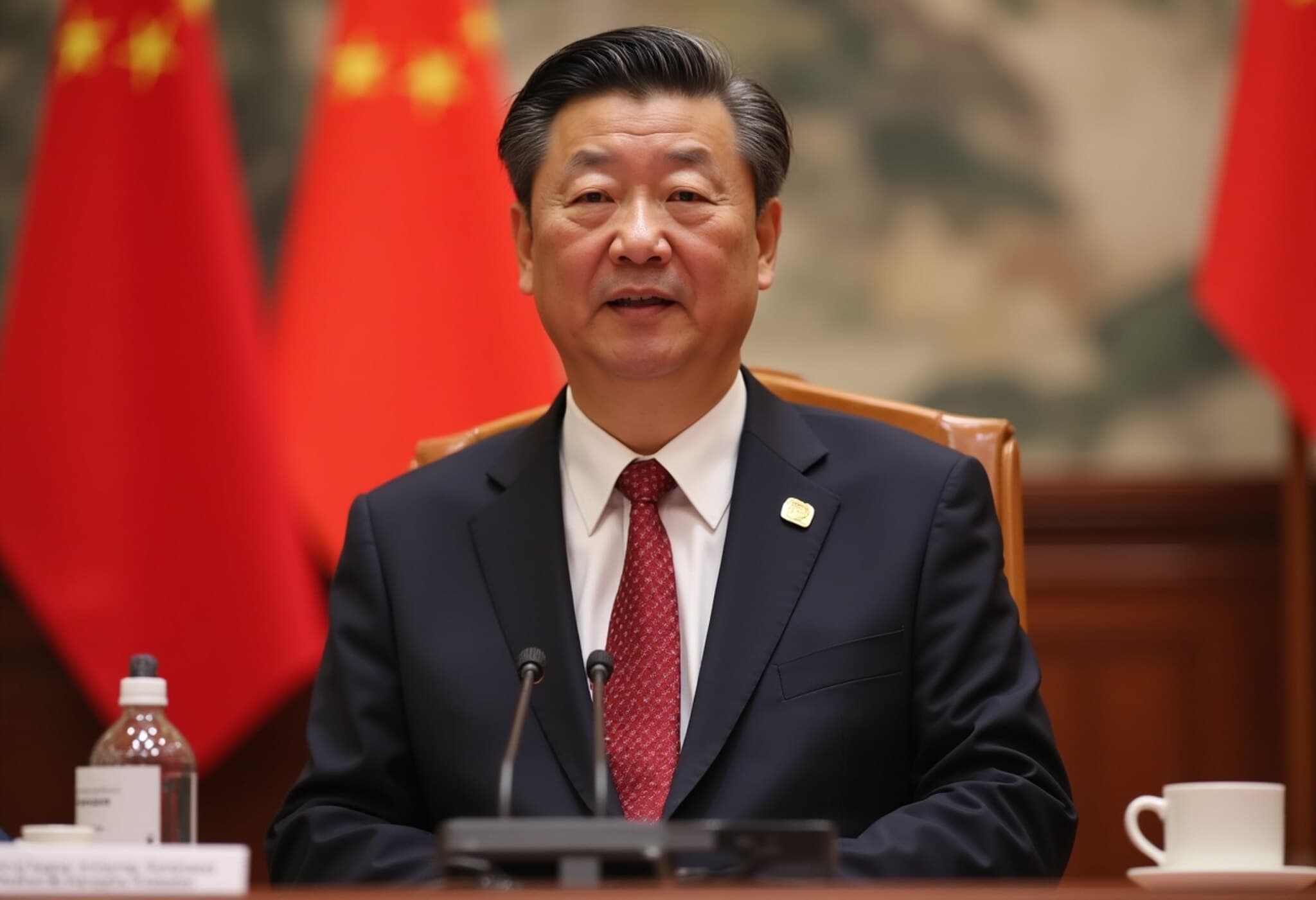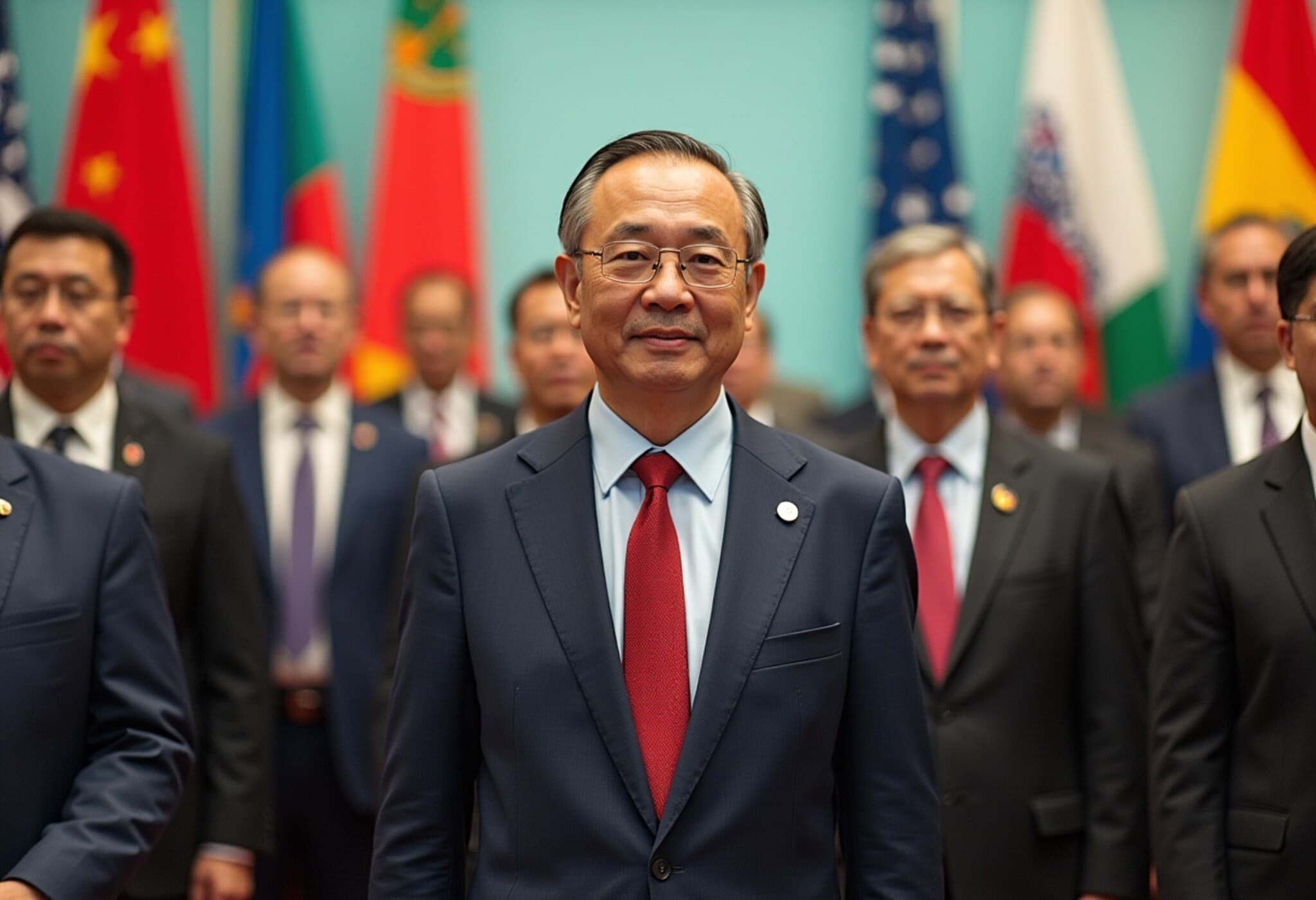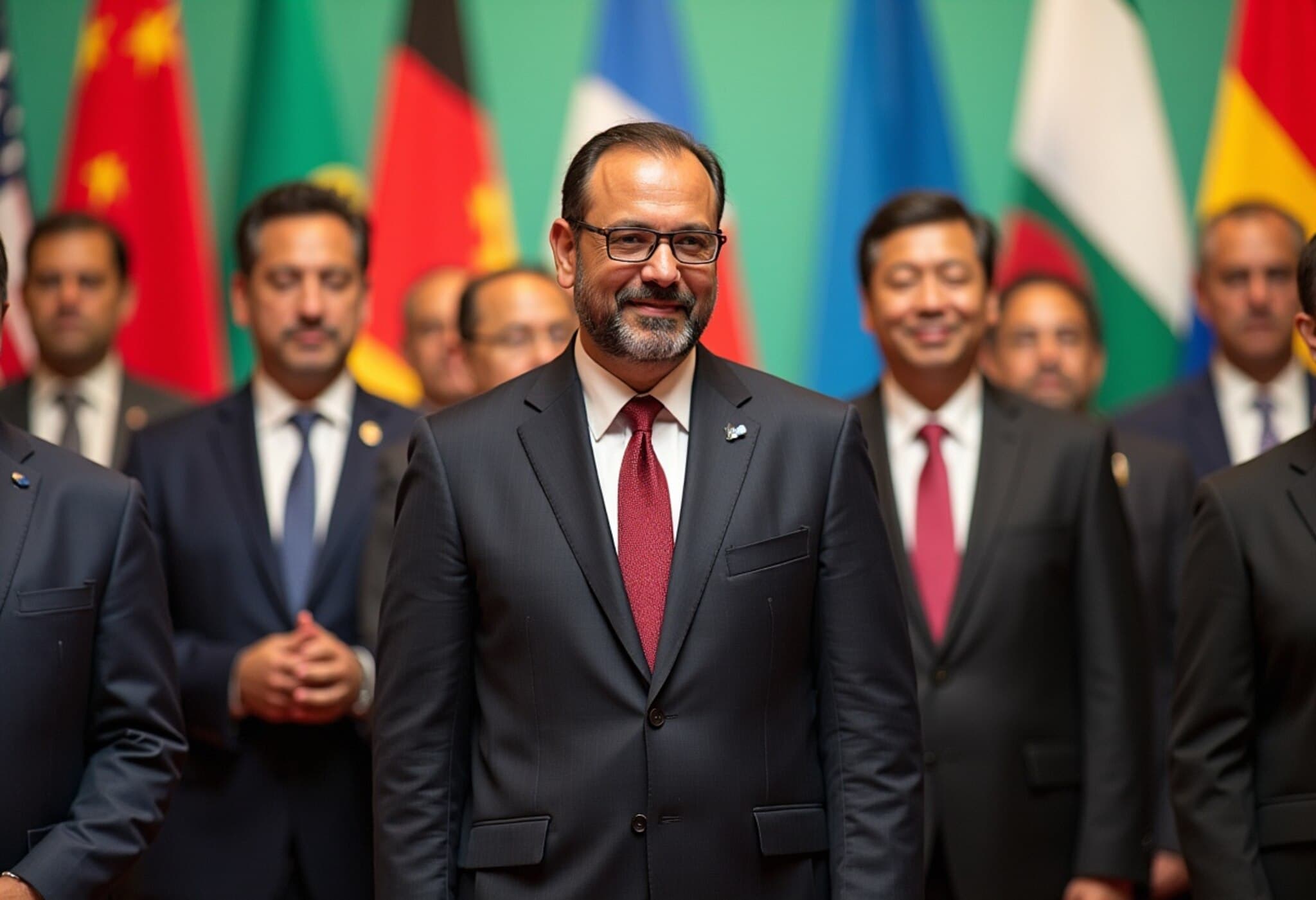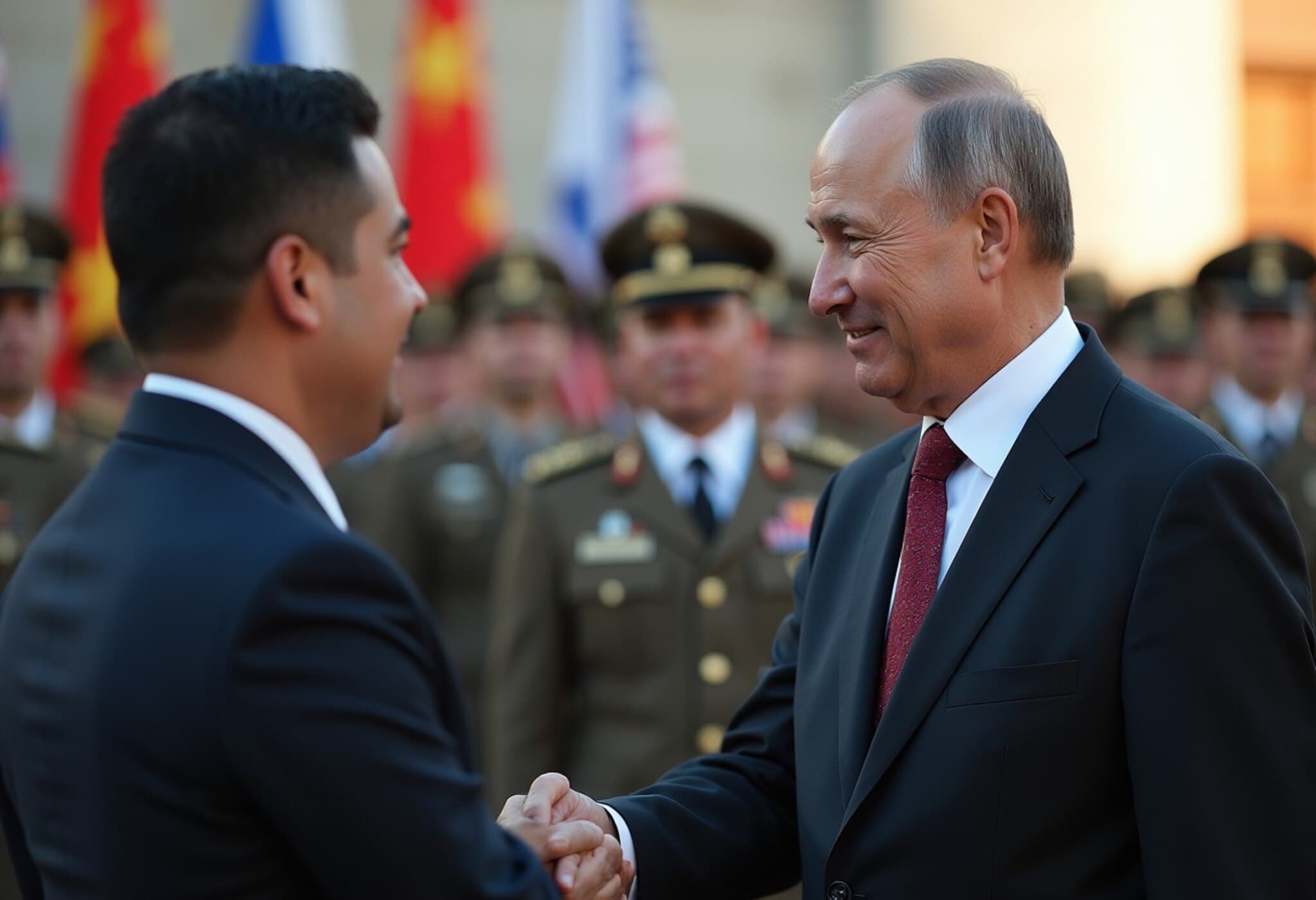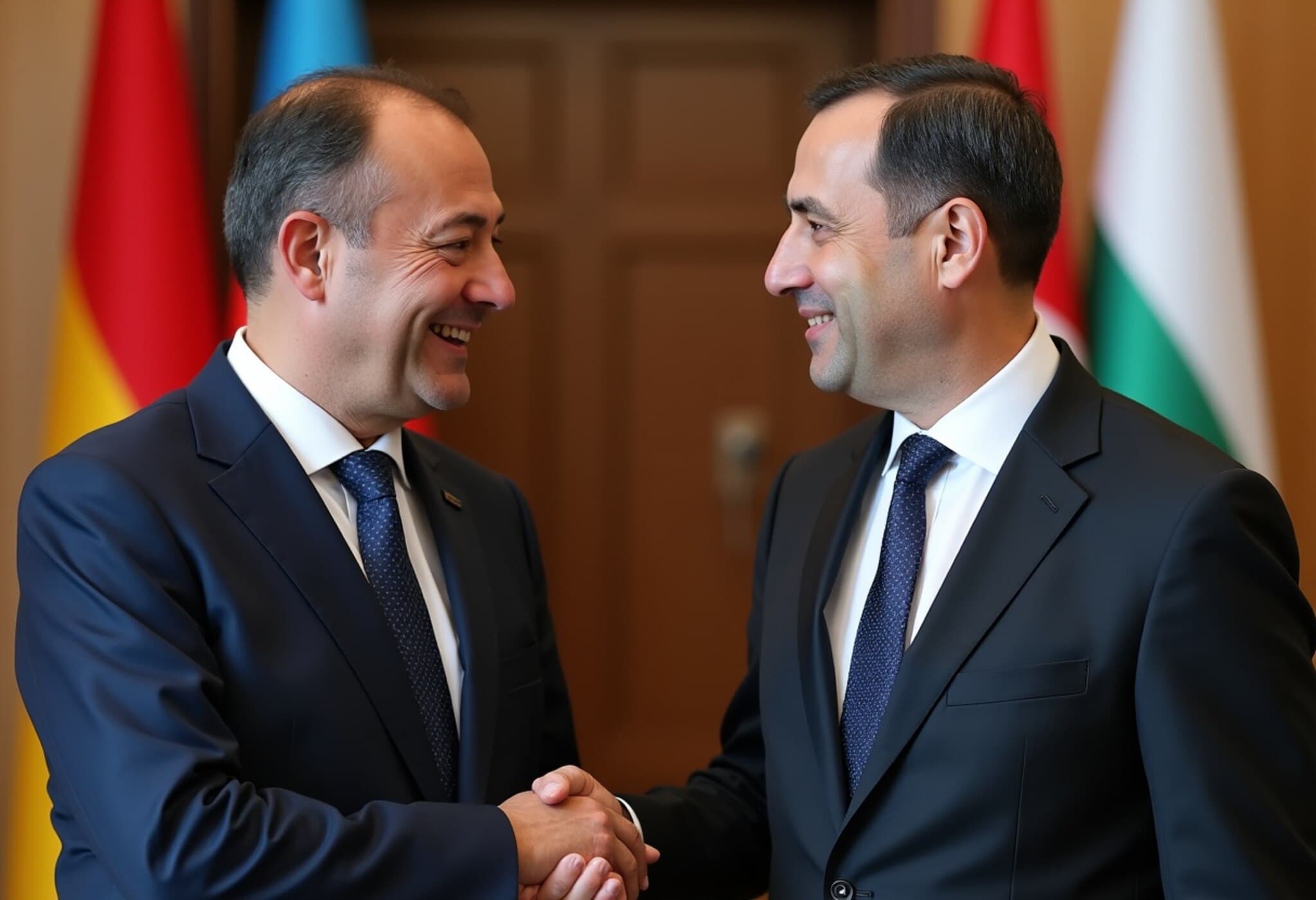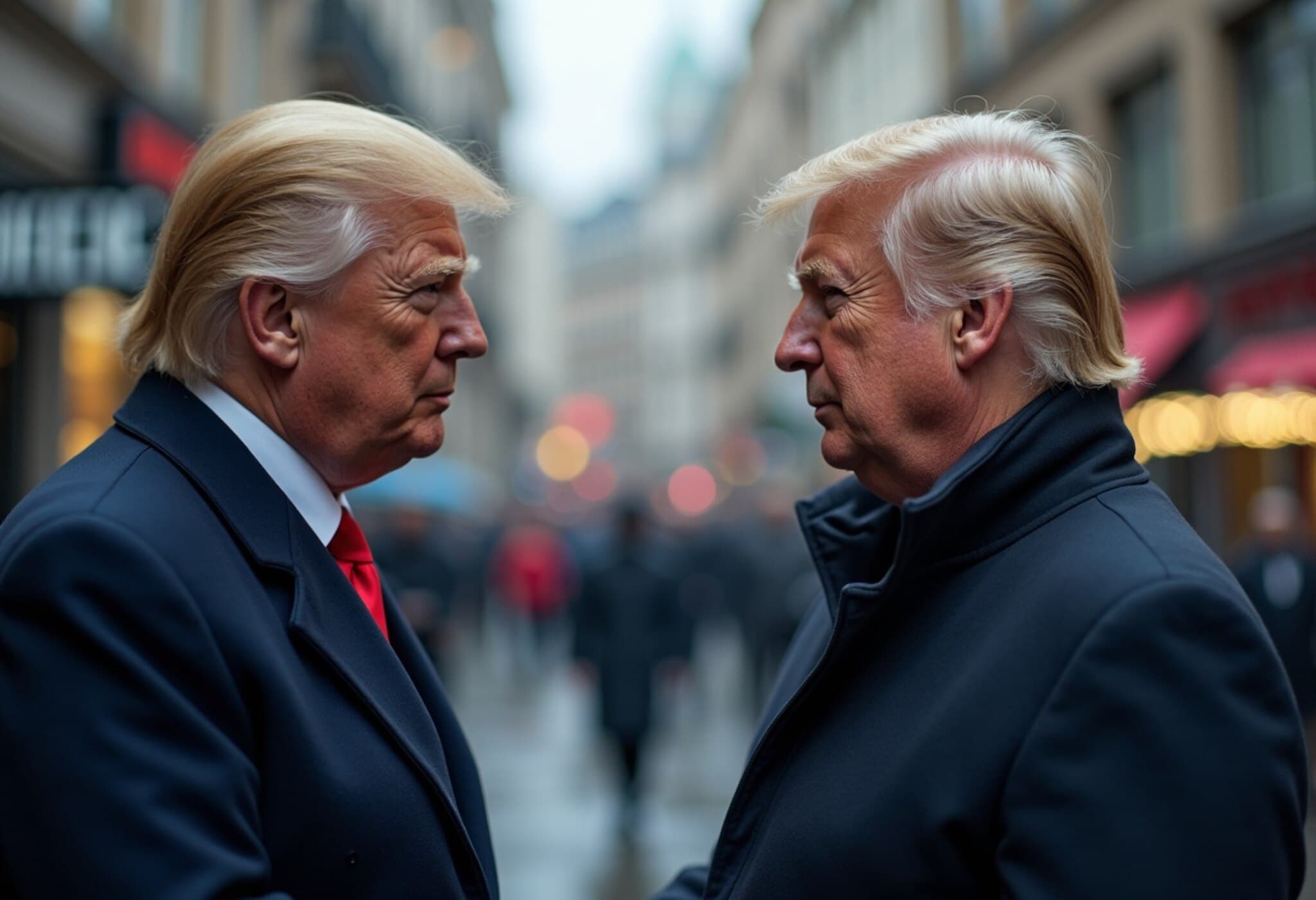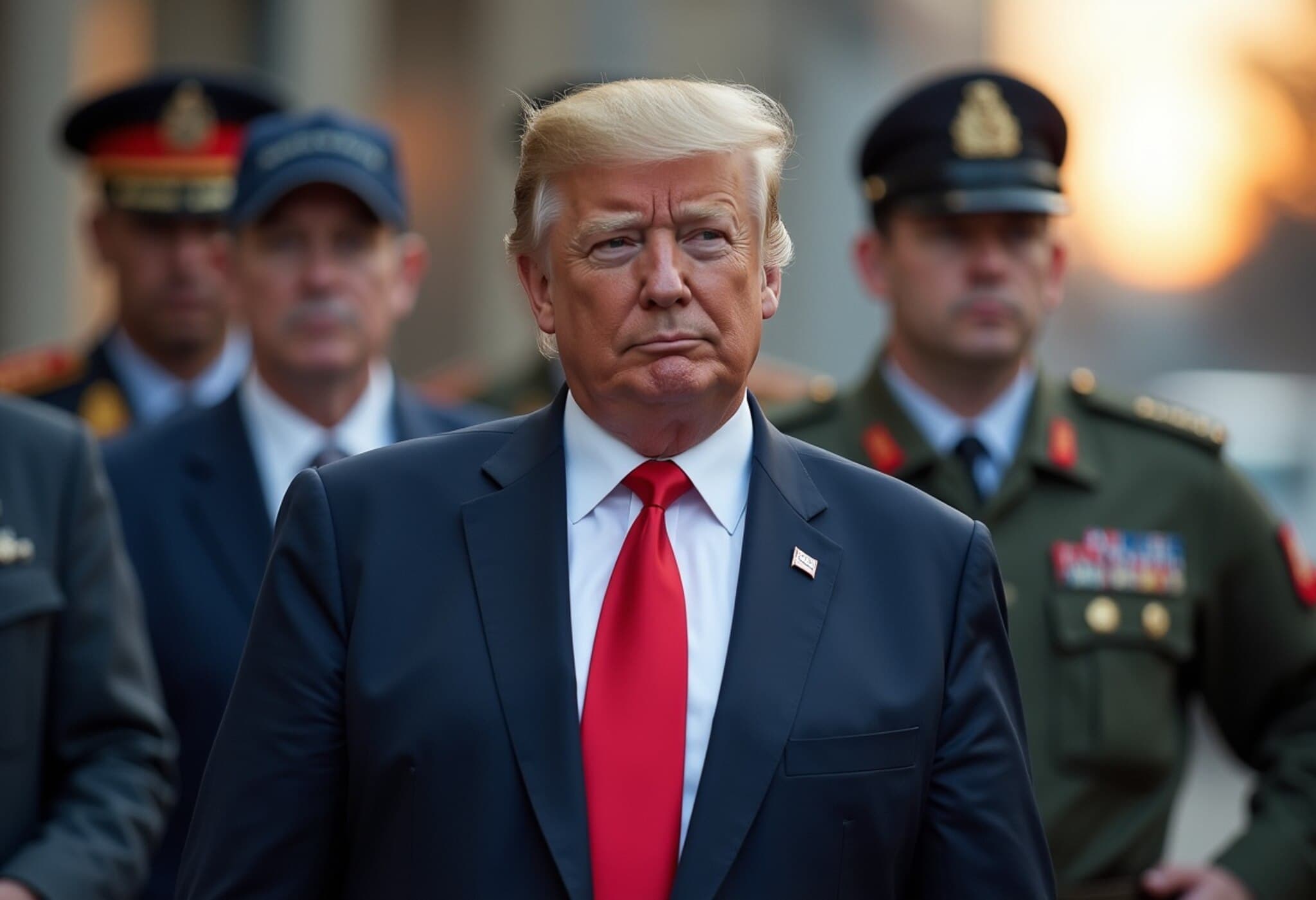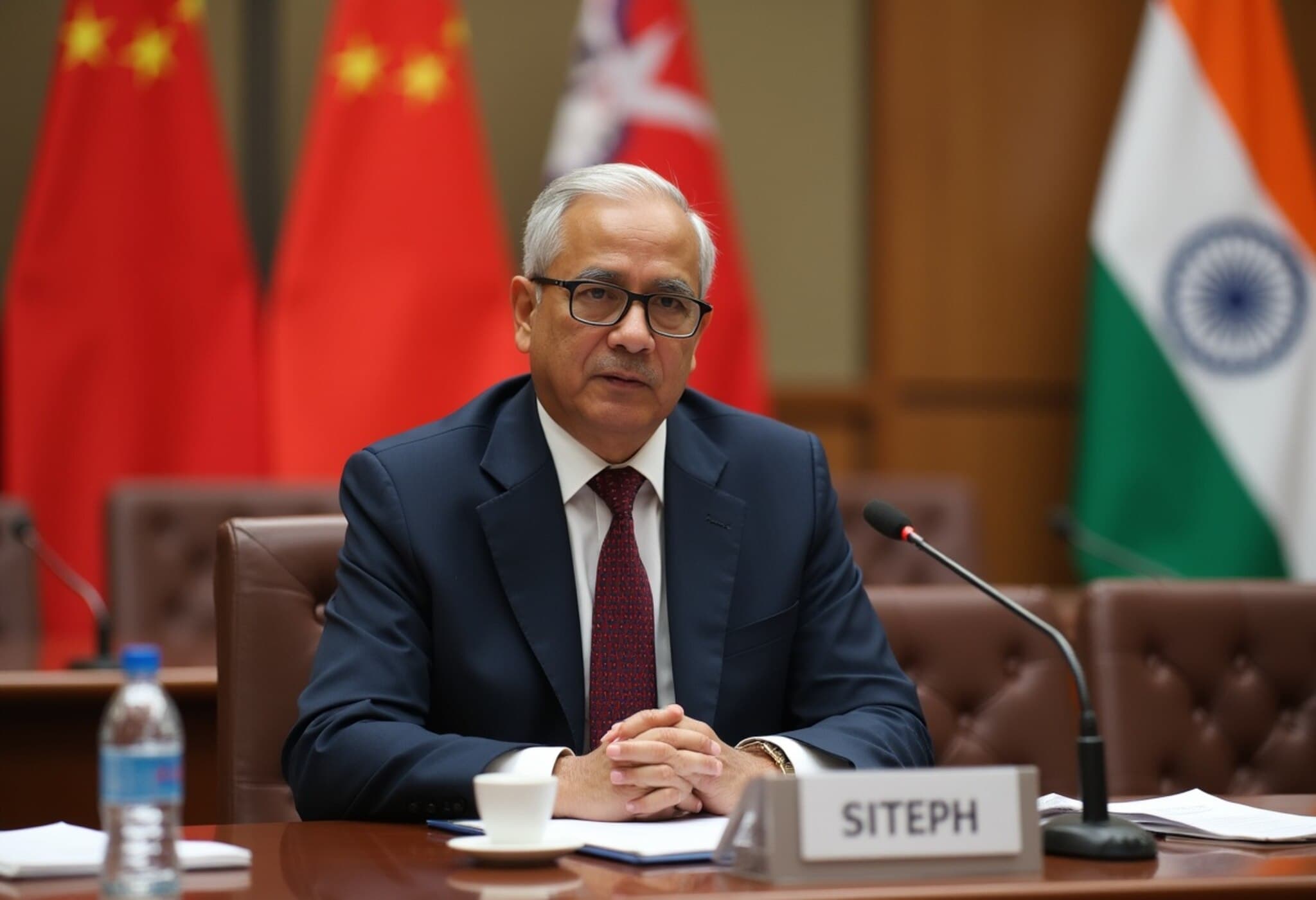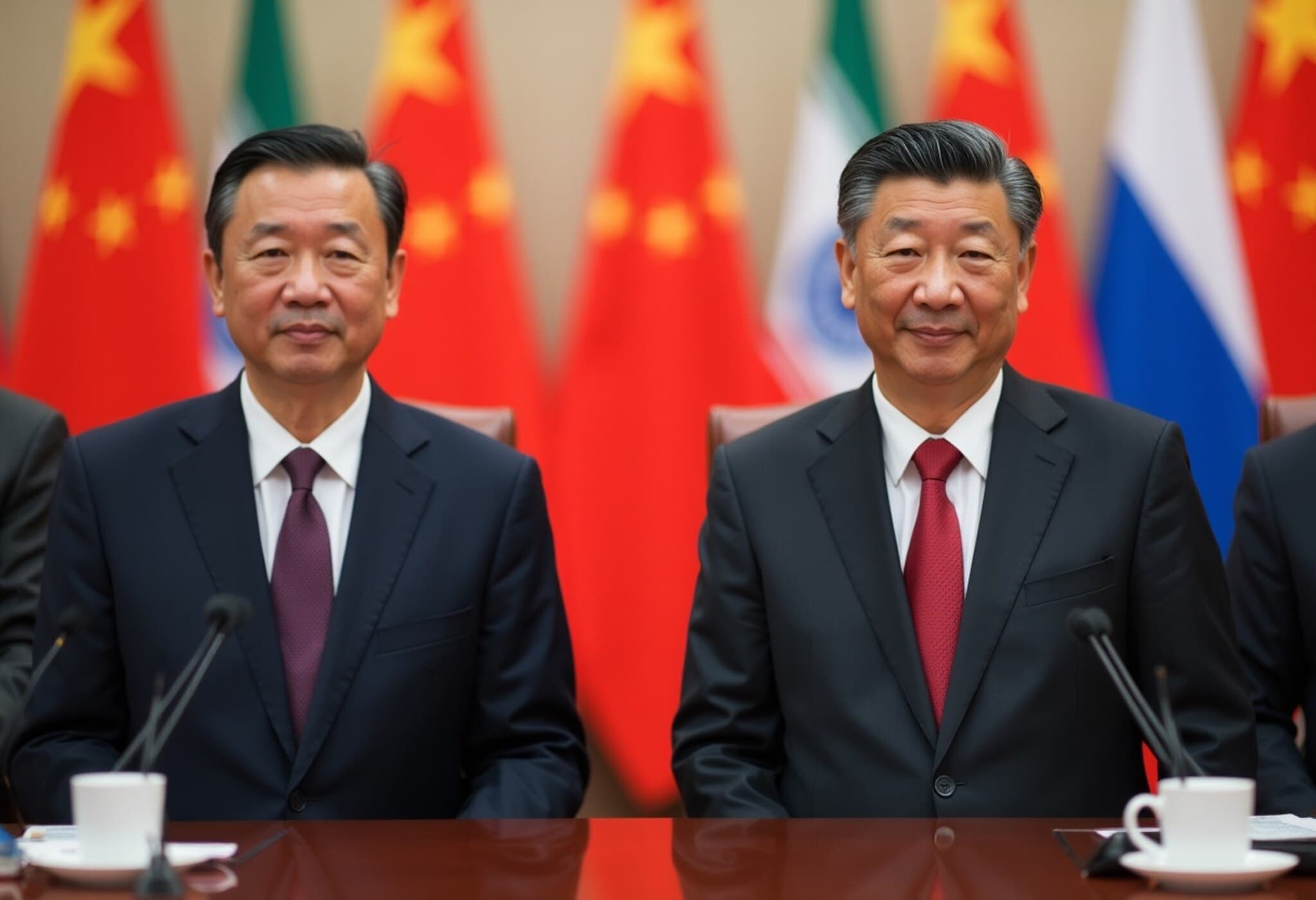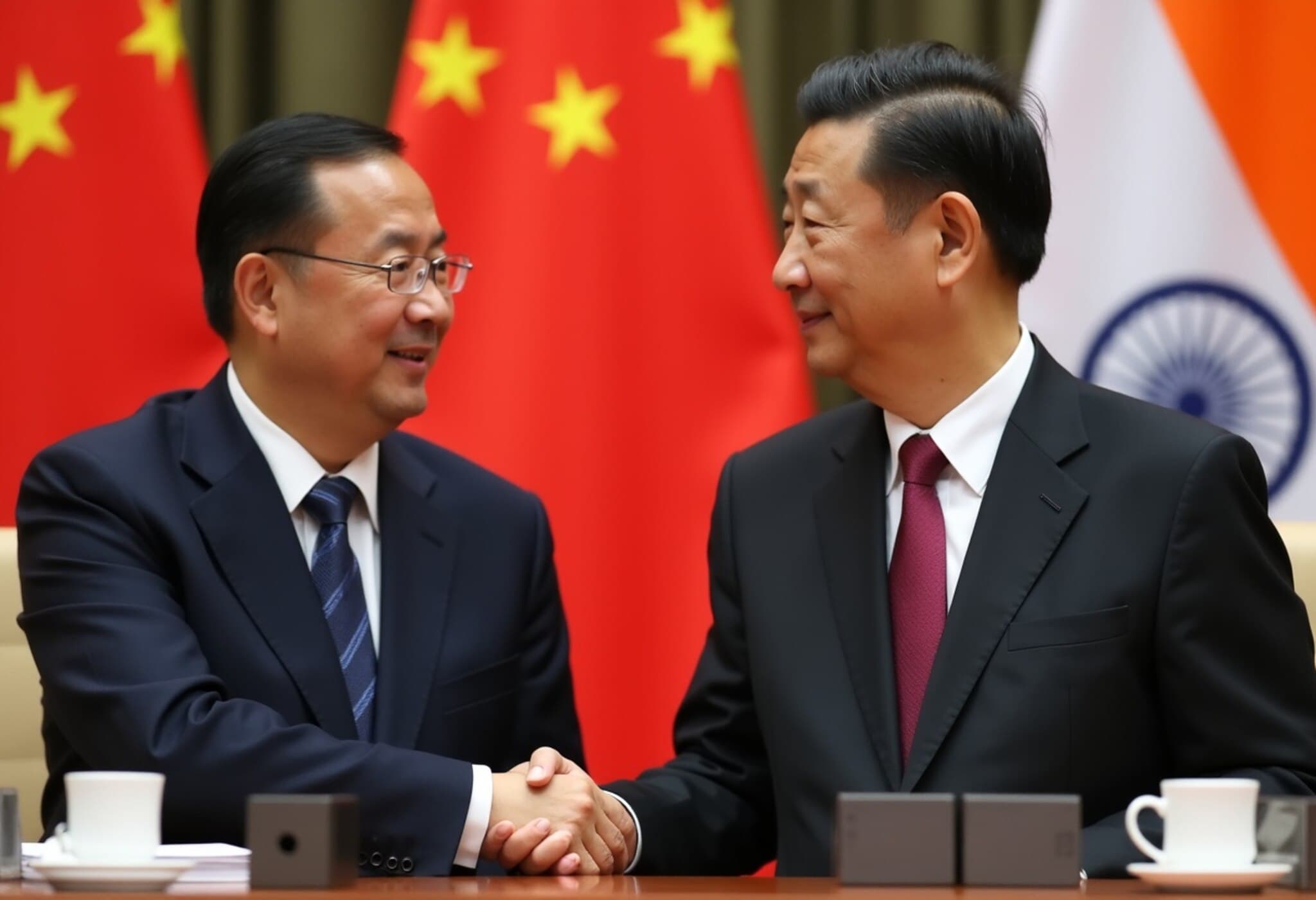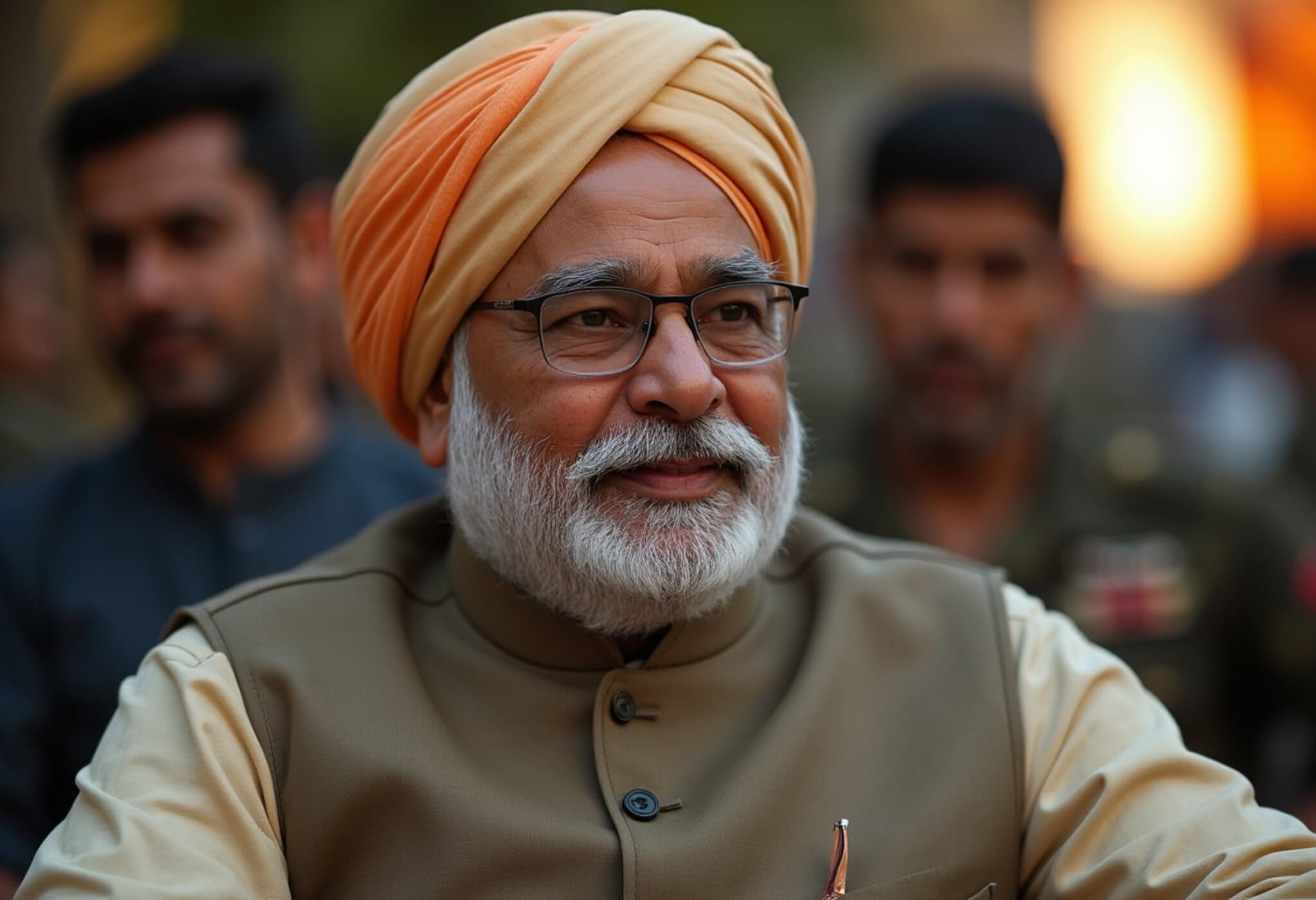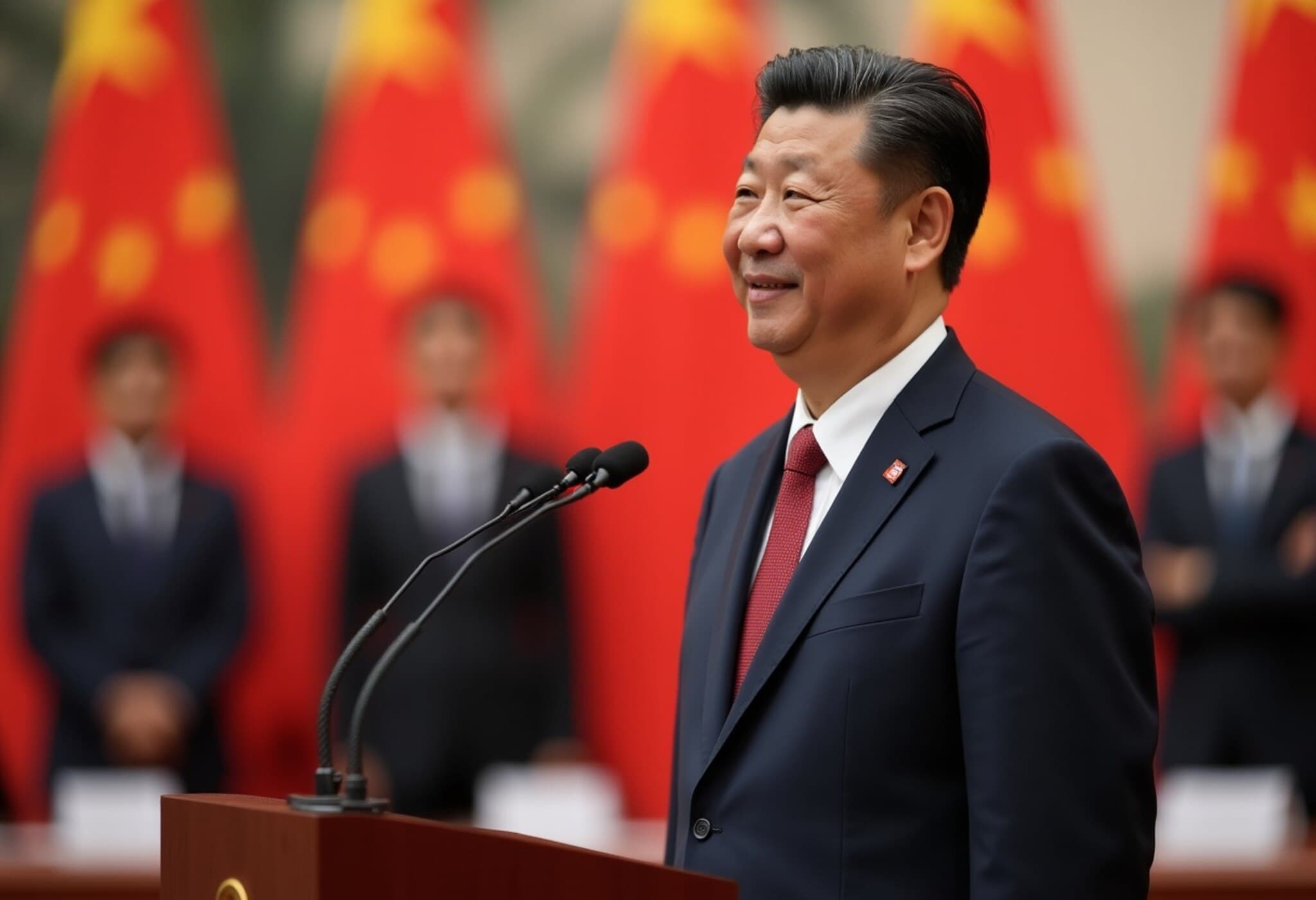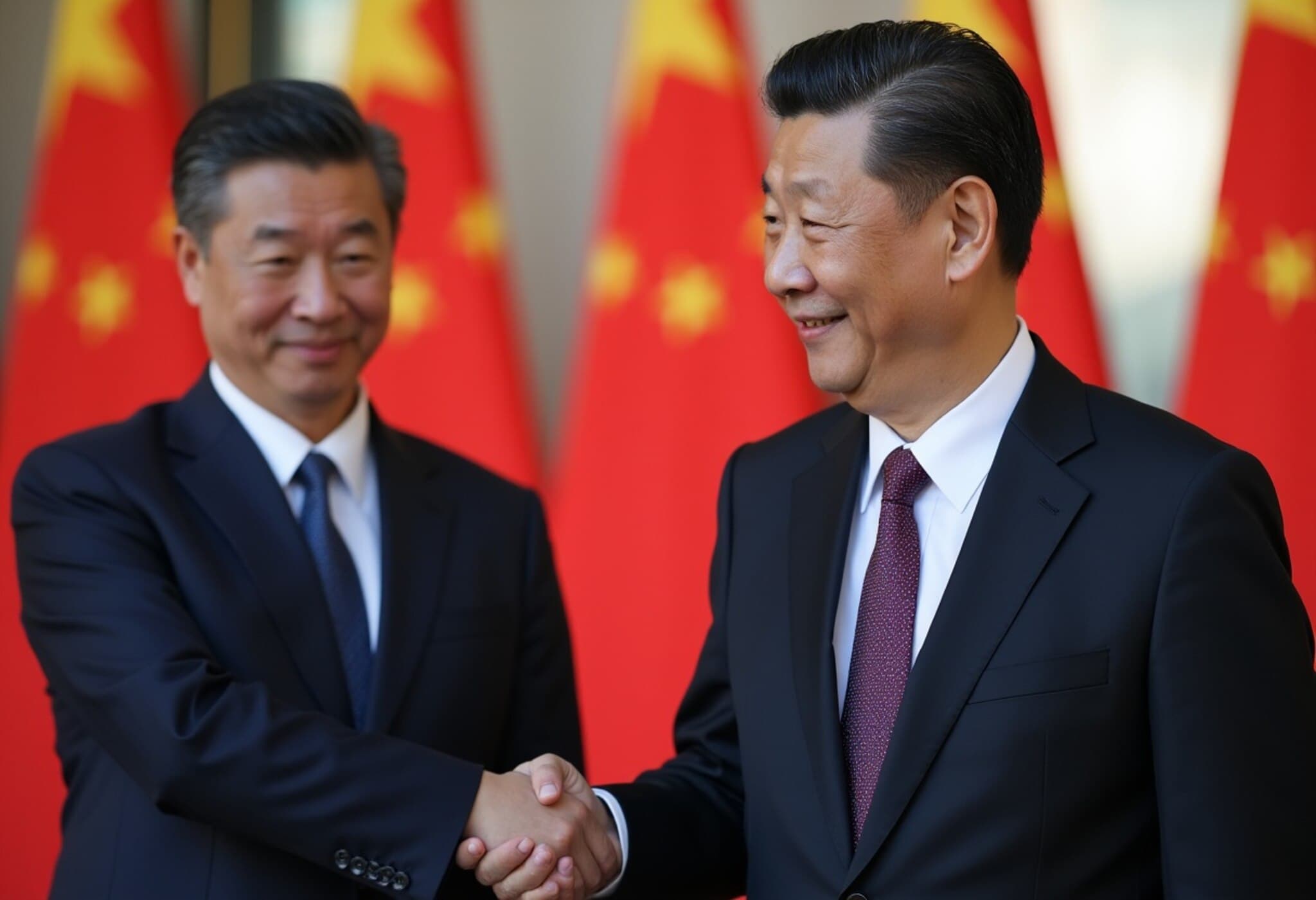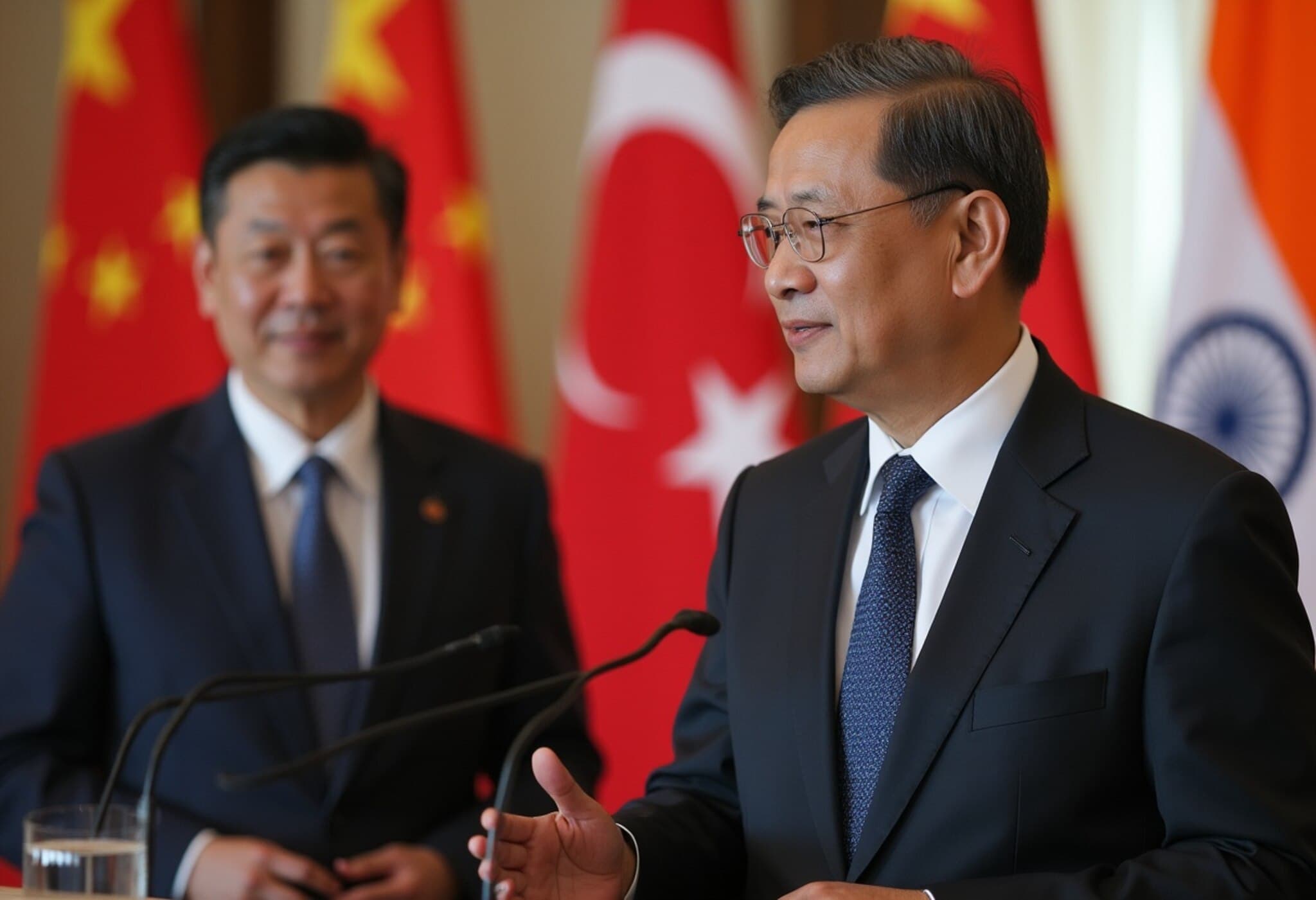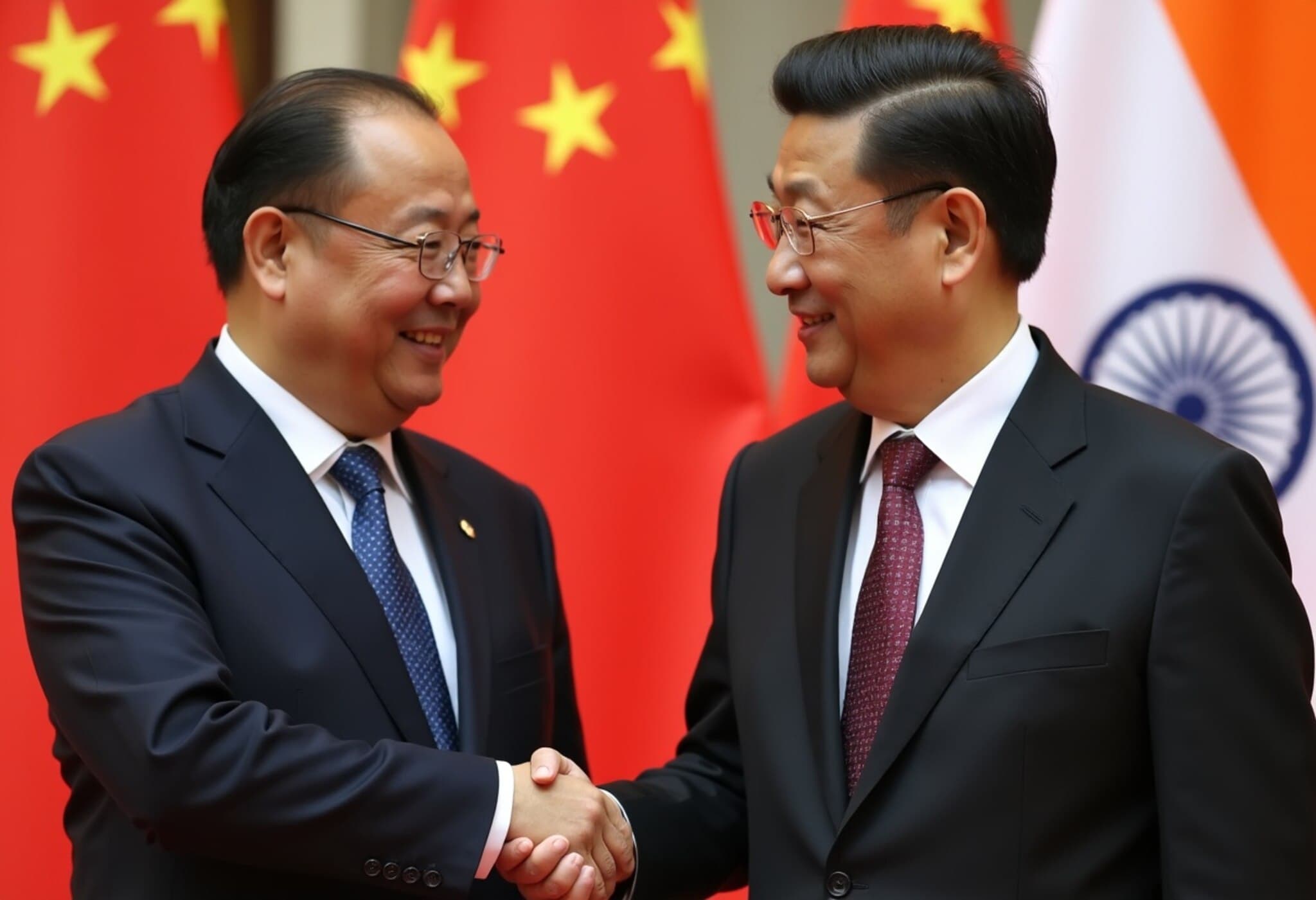China’s Wang Yi Unveils Strategic Five-Point Plan at SCO Foreign Ministers’ Meeting
During the Shanghai Cooperation Organisation (SCO) foreign ministers' conference held in Tianjin, northern China, Chinese Foreign Minister Wang Yi laid out a comprehensive five-point proposal aimed at steering the bloc toward a more cohesive, secure, and mutually beneficial future. Representing China's influential role within the SCO framework, Wang emphasized the enduring significance of the "Shanghai Spirit" as a guiding philosophy for the organization’s continued growth and unity.
1. Revitalizing the "Shanghai Spirit" for Mutual Respect and Win-Win Cooperation
Wang Yi's opening call was a passionate appeal to all SCO member states to further embed the "Shanghai Spirit" into their collaboration. This principle, rooted in respect, fairness, justice, and shared success, remains central to fostering trust among the diverse nations spanning Eurasia. In an era marked by geopolitical competition, this emphasis on win-win cooperation signals a collective desire to prioritize partnership over rivalry.
2. Shared Responsibility for Collective Security
Recognizing the complex security challenges facing the region—from terrorism and cyber threats to border disputes—Wang urged SCO countries to adopt a unified approach to safeguarding stability. The minister stressed that security cannot be managed in isolation; instead, a shared commitment to intelligence exchange, joint exercises, and coordinated policies is paramount to protecting each member’s sovereignty and the bloc’s integrity.
3. Prioritizing Development Through Mutual Benefit and Win-Win Outcomes
Beyond security, Wang underscored the economic dimension, advocating for initiatives that enhance trade, infrastructure connectivity, and technological cooperation under mutually advantageous terms. He highlighted the necessity of balancing growth ambitions with equitable outcomes, fostering sustainable development that uplifts all SCO nations rather than exacerbating disparities.
4. Strengthening Neighborly Ties to Build a Harmonious Community
A heartfelt appeal to nurture friendship and good neighborly relations formed the next pillar of Wang’s speech. By building a "beautiful home together," the SCO can transcend historical disputes and develop social and cultural exchanges that deepen solidarity—a timely reminder in a region often fragmented by ethnic and political differences.
5. Committing to the "Right Path" for Long-Term Success
Finally, Wang Yi called on member states to remain firmly committed to principles that uphold the SCO’s founding ethos. He cautioned against deviating toward unilateralism or exclusionary policies, advocating instead for inclusivity, transparency, and adherence to international norms that can sustain the bloc’s credibility on the global stage.
Context and Regional Implications
This five-point blueprint comes ahead of the SCO leaders’ summit scheduled for August 31 to September 1 in Tianjin, which will convene heads of state from 20 countries and leaders of 10 international organizations. The timing reflects China’s intent to cement its leadership role while balancing complex regional dynamics involving members such as India, Russia, Kazakhstan, and Iran.
India’s External Affairs Minister Subrahmanyam Jaishankar marked his active engagement with the SCO agenda at this conference, underscoring New Delhi’s interest in multilateral frameworks for security and development that respect national sovereignty yet encourage cooperation. Given ongoing challenges like border tensions and economic realignment, Wang Yi’s call for unified security and economic strategies resonates deeply.
Expert Insight
From a policy perspective, Wang’s proposals illustrate China’s dual strategy: promoting a multipolar world order through multilateral alliances while subtly positioning itself as the architect of Eurasian stability. This contrasts with Western-centric institutions and offers an alternative governance model emphasizing consensus and non-interference.
However, questions linger about the operationalization of these ideals. How will the SCO reconcile differing political systems, economic disparities, and bilateral frictions among members? Can the organization truly function as a "model of fairness and justice" without addressing internal contradictions and external pressures?
Looking Ahead
As SCO members prepare for the upcoming summit, Wang Yi’s five-point agenda sets a constructive yet challenging framework. Its success hinges on the political will to move from rhetoric to actionable cooperation, addressing both shared opportunities and persistent fissures.
Editor’s Note
- What does the "Shanghai Spirit" mean in today’s geopolitical context? Understanding this philosophy is key to grasping SCO’s distinct approach to diplomacy and security.
- How can SCO’s security cooperation adapt to emerging threats like cyber warfare and pandemics? Exploring new regional mechanisms could enhance resilience.
- Will economic initiatives under the SCO promote equitable development or deepen existing inequalities? Close monitoring and inclusive policies are vital.
- Can cultural and social exchanges meaningfully bridge historical divides? Investing in people-to-people ties could transform regional dynamics.
- Lastly, how will the SCO balance member states’ sovereignty with the need for collective action? The answer may redefine the bloc’s long-term relevance.
Continued observation and analysis of SCO’s trajectory will shed light on the evolving architecture of Eurasian cooperation and its implications for global geopolitics.

